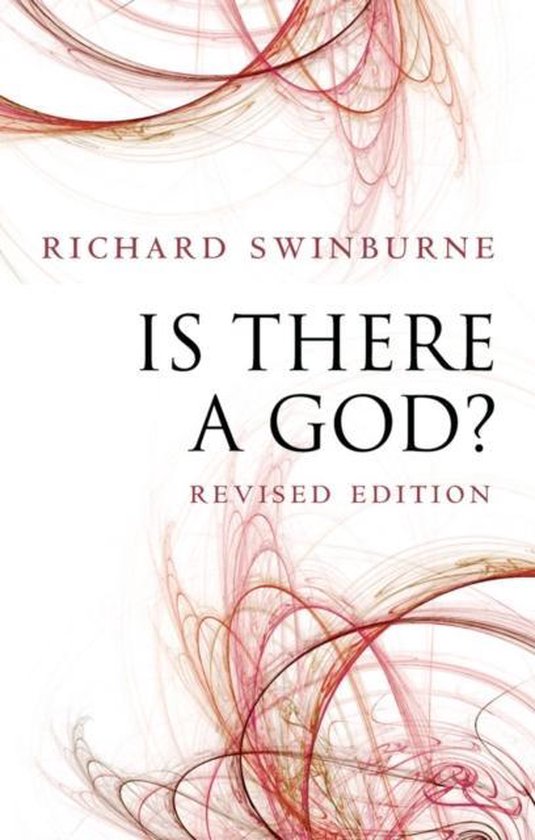
At the heart of his argument is Swinburne's belief that the very success of science in showing us how deeply ordered the natural world is provides strong grounds for believing there is an even deeper cause of that order. The watch may have been made, Swinburne asserts in reference to Richard Dawkins, with the aid of some blind screwdrivers (or even a blind watchmaking machine), but they were guided by a watchmaker with some very clear sight. But why those laws rather than any other? Why those chemicals? In Swinburne's view, the ultimate grand unifying theory is possible only by a belief in what he calls theism, acknowledging the existence of God: it was God who brought about the natural laws so that humans and animals would evolve. We can understand much of how life evolved, but why is there any life on earth? We can name and explicate scientific laws, but how is it that they operate in the universe? The Darwinian theory holds that the complex animal and human bodies that are here today exist because, ages ago, there were certain chemicals on earth, and given the laws of evolution, it was probable that complex organisms would emerge.

Though it can explain much of how the universe works, science doesn't tell us why there is a universe at all. With each new discovery and advance, from black holes to quarks, superstrings to continuing evolution, science brings us closer to a complete understanding of how things work-but science can only go so far. Using the methods of scientific reasoning, Swinburne rigorously argues that science, far from replacing God, provides good grounds for belief in God.


Are belief in God and belief in science really mutually exclusive? Or, as noted philosopher of science and religion Richard Swinburne puts forth, can the very same criteria which scientists use to reach theories about everything from DNA to the Big Bang be used to argue for the existence of God? In Is There a God? Swinburne presents a powerful and approachable case for the existence of God. At least since Darwin's Origin of Species was published in 1859, it has increasingly become accepted that the existence of God is, intellectually, a lost cause, and that religious faith is an entirely non-rational matter-the province of those who willingly refuse to accept the dramatic advances of modern cosmology.


 0 kommentar(er)
0 kommentar(er)
